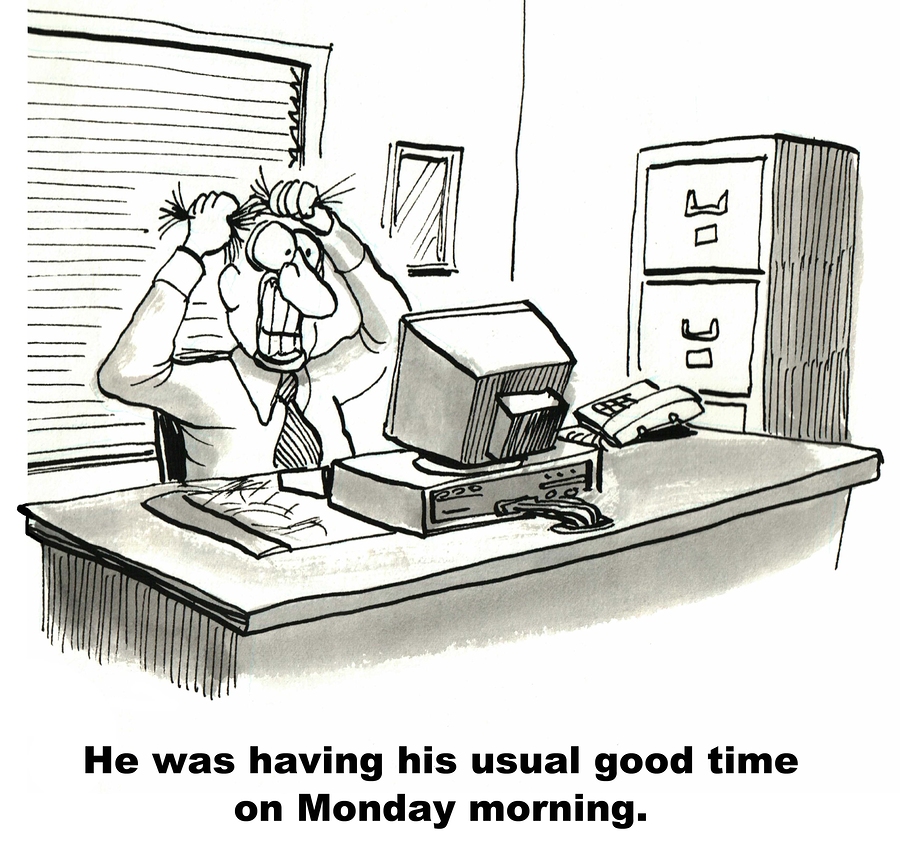Anyone who has been around young children has heard their cry of protest, “That’s not fair,” when some sort of consequence is meted out for misbehavior.
In reality, what is being objected to is fairness, as consequences were spelled out ahead of time and known to all.
Parent: “One more word about this and you will go to bed without dinner.”
Child: “Word.”
Parent: “OK, to your room you go…no dinner.”
Child: “That’s not fair!”
We can insert Jesus’ parable of the vineyard workers here.
Book publishing in the developed world is actually quite fair. But so many people view it as unfair. From the seemingly random and often callous manner in which proposals are handled by agents and editors to the contracts put forth by publishers, cries of unfair tactics and policies can be heard from authors, author groups and people who quit publishing altogether.
I certainly don’t mean to insinuate everything is perfect or the publishing industry is devoid of poor behavior and policies.
I’ve had any number of new authors from developing countries send me a proposal for their book. When I ask why they haven’t tried to publish in their own country first, their reaction can be summed up with an “Are you kidding?” type statement, alluding to a fact the book industry in their country is in such disarray or impossible to penetrate, western publishers, despite our imperfections, are an infinitely better first option no matter where you live on earth.
Most people attach the unfair label to something that didn’t go their way because we all want to be an exception to whatever rules exist.
That’s the perfect world. We get what we want.
There are comparisons in so many walks of life.
- In a legal case, if you win, the court is fair and just. If you lose, no justice done and the verdict was a travesty. The whole system is corrupt.
- In sports, when you win, life is good. If you loose, the referees are all incompetent and everything is rigged against you.
- If you get the job, they made a right decision. If you didn’t get hired, it’s an uneven playing field filled with unfair practices.
- In politics, if your candidate wins, you feel like society is moving in the right direction. If the other candidate wins, society is spiraling down to Armageddon.
- The sign says, “Construction Zone, 25 MPH, Fines doubled” and you get angry when you get a double price ticket for going 35 mph.
- You sign an agreement before attending a Christian college agreeing you will not engage in certain prohibited activities. Fair or unfair when you ignore it and are expelled?
The cries of “unfair” really come from the fact everyone despises not having things go their way. Rejection and failure to meet expectations of yourself or others raises anger and defensiveness from anyone. It’s understandable.
If an agent puts forth a process for submitting proposals and you choose to ignore the process entirely, is it fair or unfair when your proposal is declined?
If you signed a publishing contract and you turn in a manuscript months late without notifying the publisher beforehand, is it fair or unfair when a publisher invokes a contractual right to require repayment of advances?
Similarly, publishers who agree to do something in a contract and then don’t follow through, is it fair or unfair when the author withdraws from the agreement?
If an agent stops performing for an author, is it unfair when we are fired?
Publishing is actually quite fair. If your book sells well, you make more money than if it didn’t. If your first book meets or exceeds expectations, you will get another contract. If not, no next contract.
If you try to self-publish and have no constituency to tell about your book, it won’t sell well. If you do, it will.
It’s a performance industry. The system worked.
Sure, some people have nightmare stories, but for the most part, they are exceptions.
The book publishing industry says this to authors:
- Be a qualified and credible professional writer
- Make commitments and keep them
- Help to market your book
- Play well with others
- Write great
If an author writes with marginal quality, has no solid platform, doesn’t play well with others or follow through on commitments, is an editor or agent being fair or unfair for declining them?
Conversely, authors want from publishers:
- Good contract terms
- Editorial partnership
- Professional staff
- Collaborative spirit
- Keep commitments
When publishers violate one or more of these, authors don’t feel very good about the process.
When one party doesn’t uphold their side of the relationship, it becomes unfair and unpleasant.
You might disagree with all this based on personal experience and I know with hundreds of thousands of books published every year in the US alone there are some sad stories of unjust treatment, from publisher-to-author and visa versa.
For most, contracts are fulfilled, commitments are kept and fairness reigns.
But knowing this matters little when you don’t win.











